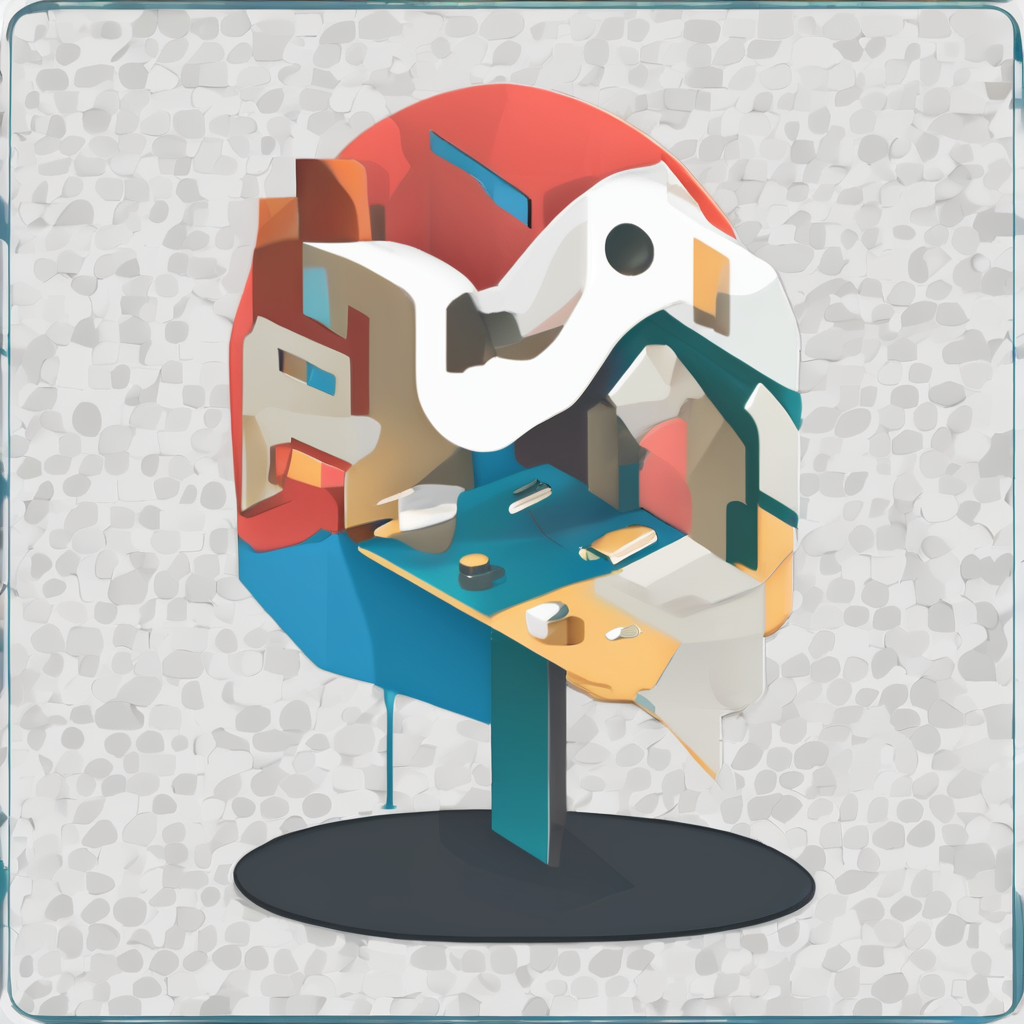Key Developmental Benefits of Pet Ownership for Children
Pet ownership offers significant benefits for children’s development, impacting emotional, social, and physical domains. One cornerstone advantage is emotional growth through companionship. By caring for pets, children often develop empathy, as they learn to recognize and respond to the needs and feelings of another living being. This emotional sensitivity contributes to greater compassion in their day-to-day interactions.
Beyond emotional effects, owning a pet fosters social skill enhancement. Children frequently engage in conversations about their pets, which can improve communication skills and create opportunities for connection with peers and family members. Shared pet-related activities also build collaboration and nurturing skills, reinforcing positive relationships.
Additional reading : How Can You Create a Comfortable Environment for Your Pet in the UK?
Physical health is another area positively influenced by pet ownership. Many pets, especially dogs, encourage regular physical activity, such as walking or play, benefiting children’s fitness and overall wellbeing. This active engagement can promote healthy habits early in life.
Together, these facets illustrate how the positive effects of pets extend far beyond simple companionship. They support comprehensive child development by nurturing emotional intelligence, social aptitude, and physical health through engaging and responsible interactions with animals.
Have you seen this : Why Should You Consider Adopting a Pet in the UK?
Age-Appropriate Pet Responsibilities
Assigning age-appropriate pet care fosters both practical skills and a sense of achievement in children. For younger kids, simple tasks like filling water bowls or brushing the pet under supervision encourage safe pet interaction and build foundational responsibility. As children grow, their duties can expand to walking the dog or cleaning cages, promoting independence and deeper children responsibilities. This gradual increase ensures that tasks match developmental levels, reducing frustration and ensuring the pet’s well-being.
Safety is paramount. Young children require close supervision to prevent mishandling pets or accidental injury. Experts recommend clear guidelines that balance challenge with achievable goals, which helps children feel competent while respecting the animal. This structured approach also nurtures respect for the pet’s needs and boundaries.
Engaging children in pet care regularly can instill lifelong values of compassion and diligence. It teaches that responsibility extends beyond enjoyment, strengthening the bond between child and pet. Additionally, mastering these tasks contributes positively to broader child development by encouraging routine, confidence, and decision-making. Overall, thoughtful delegation of pet duties supports both the family ecosystem and healthy growth for children.
Key Developmental Benefits of Pet Ownership for Children
Pet ownership benefits for children extend deeply into child development, with positive effects of pets shaping emotional, social, and physical growth. Emotionally, pets serve as companions that cultivate empathy in children. Caring for a pet requires understanding feelings beyond one’s self, fostering a child’s emotional maturity and sensitivity to others’ needs.
Socially, the presence of pets enhances communication skills and peer relationships. Discussing pet-related experiences often encourages children to express themselves more confidently, building social connections and teamwork skills. These interactions also provide a platform to practice responsibility, as children learn to manage their pet’s needs alongside other aspects of life.
Physical activity is another crucial benefit. Pets, especially those requiring outdoor exercise, motivate children to engage in regular movement. This ongoing physical involvement aids in developing healthy habits and improving overall fitness, crucial components in holistic child development.
Together, these aspects highlight that pet ownership benefits for children are multifaceted. The positive effects of pets contribute comprehensively to strengthening a child’s emotional intelligence, social aptitude, and physical well-being, creating a nurturing environment for balanced growth.
Key Developmental Benefits of Pet Ownership for Children
Pet ownership benefits for children manifest deeply in emotional, social, and physical dimensions, all crucial to holistic child development. One of the most notable positive effects of pets is the enhancement of emotional growth through genuine companionship. Children learn empathy by caring for animals, which nurtures an understanding of feelings beyond themselves and cultivates compassion. This process supports emotional resilience and maturity.
Social skill improvement is another significant benefit. Interactions revolving around pet care advance communication abilities and provide children with relatable topics to share with peers and family. These social exchanges foster confidence and the ability to work cooperatively, essential components of personal growth.
Physical activity promotion is a practical advantage linked to pets, especially dogs. Regular walks and playtime motivate children to maintain movement, which benefits physical health and encourages active lifestyles. This dynamic contributes to overall wellbeing, reinforcing healthy habits from an early age.
In summary, the positive effects of pets contribute to multifaceted developmental gains. From emotional nurture to social and physical health, pet ownership benefits for children offer comprehensive support for balanced maturation within family and community contexts.
Key Developmental Benefits of Pet Ownership for Children
Pet ownership benefits for children are evident across emotional, social, and physical domains, playing a vital role in child development. The positive effects of pets begin with emotional growth through companionship. Children learn empathy as they recognize and respond to their pet’s needs, fostering compassion that translates into improved interpersonal relationships.
Social skill enhancement is another core benefit. Engaging in pet care offers consistent opportunities for communication improvement and builds confidence in peer interactions. Discussing pet-related experiences encourages children to express ideas and emotions clearly, advancing their social development effectively.
Physical activity promotion counts among the tangible pet ownership benefits for children. Daily interactions such as walking or active play not only increase fitness levels but also cultivate healthy habits. This consistent exercise contributes significantly to overall health and well-being.
In sum, pet ownership benefits for children encompass multifaceted positive effects of pets that support comprehensive child development. By nurturing empathy, refining social skills, and promoting active lifestyles, pets provide children with a well-rounded foundation crucial for balanced growth.
Key Developmental Benefits of Pet Ownership for Children
Pet ownership benefits for children span emotional, social, and physical dimensions, all integral to child development. One of the most significant positive effects of pets is emotional growth through companionship and empathy. By caring for a pet, children learn to understand and respond to another being’s feelings, fostering deeper empathy and emotional maturity.
Social skill enhancement also plays a critical role. Interacting with pets encourages communication improvement and helps children develop confidence when sharing experiences with peers and family. These social interactions often promote teamwork and strengthen relationships, essential aspects of social development.
Physical activity and health promotion are natural benefits of pet ownership. Pets, particularly active ones, motivate children to engage in regular physical exercise like walking or playing. This encourages healthier lifestyles and supports physical well-being, which complements emotional and social growth.
Together, these areas illustrate how pet ownership benefits children comprehensively, supporting well-rounded growth. Emotional compassion, stronger social skills, and increased activity combine to create a nurturing environment critical for balanced child development.







